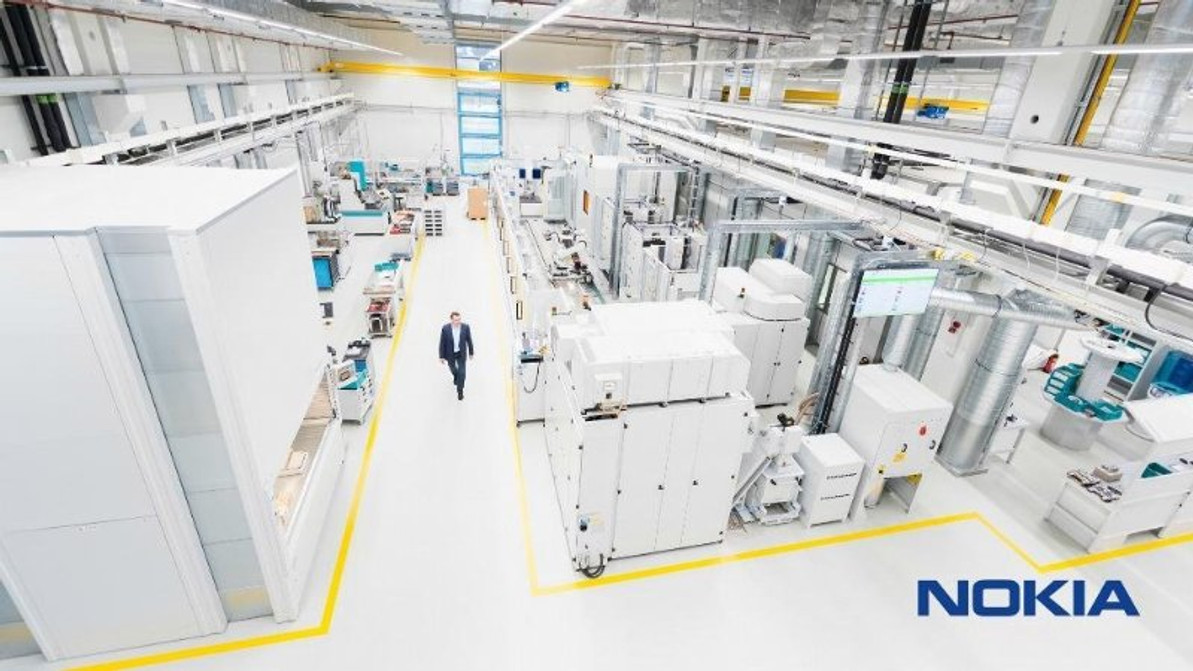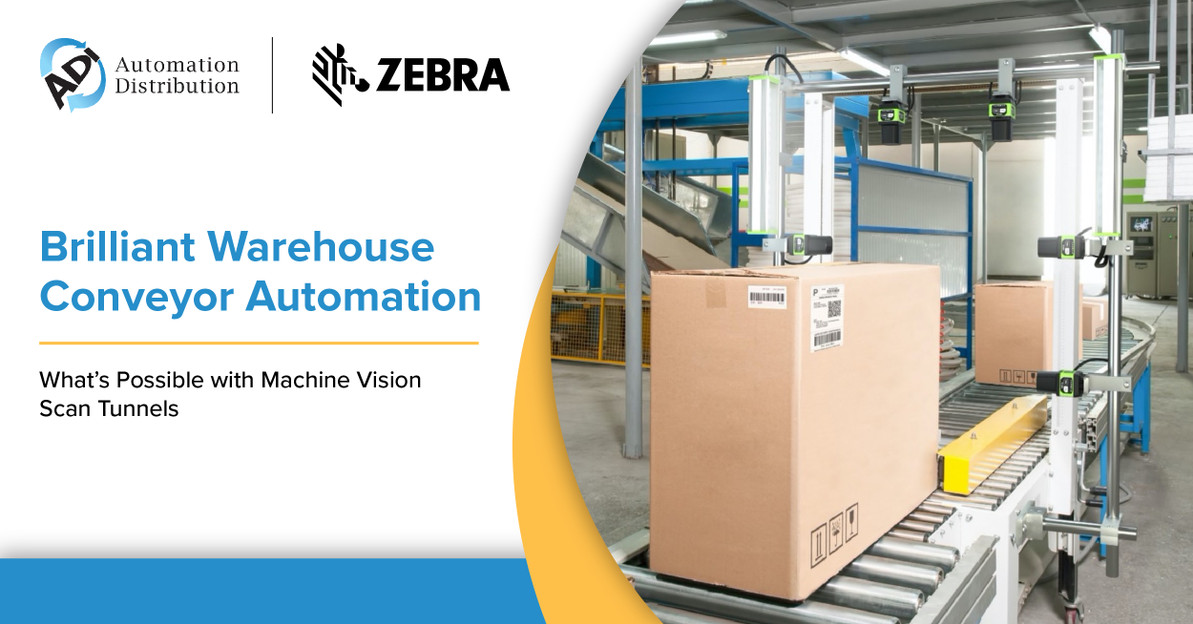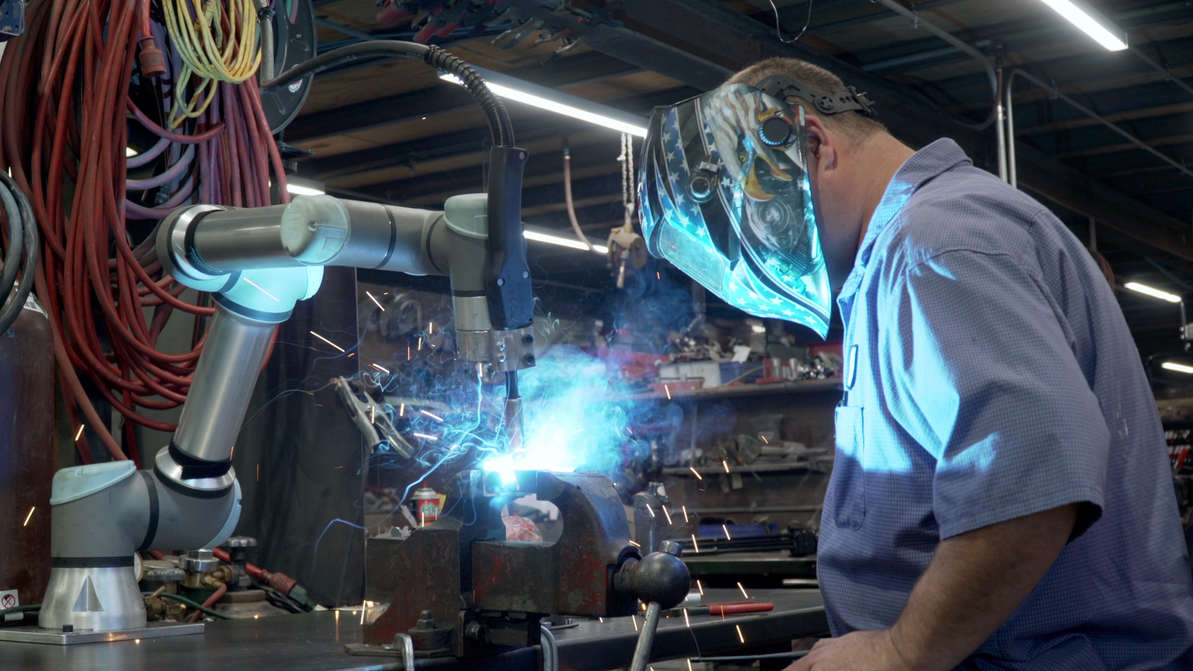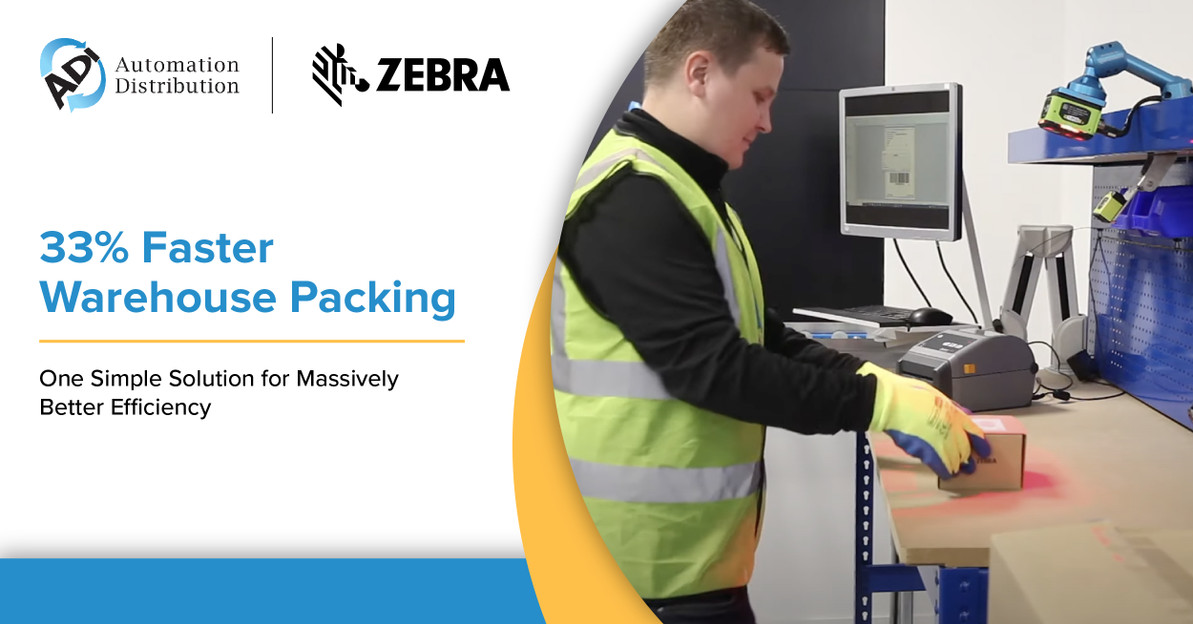Nokia’s Futuristic Factory with 5G IoT
Even after selling its mobile phone handset business to Microsoft a few years ago, Nokia is still the second largest mobile equipment manufacturer globally. While the company is focusing efforts on 5G technology, it is also extending its preparation for the future with Industry 4.0 in its factories.
“We’re building the factory of the future,” explains Erja Sankari, Head of Oulu Factory at Nokia. “Industry 4.0 includes increased automation, productivity, and use of data.” The company goes on to describe its interpretation of Industry 4.0 as a “much tighter interaction of domains and in general between companies across the full product lifecycle from design and manufacturing to distribution, services and disposal.”
To date, Nokia has deployed industrial robots for assembly and packaging functions and made some product tweaks to fully support the new automation. “We’re industrializing our products, which means making them friendly to automated manufacturing,” Sankari says.
One instance where Nokia streamlined their manufacturing process was to select one type of screw rather than having multiple types of screws. Using multiple screw types meant that an operator had to consistently feed the correct screw type for the function to the robot, but the single screw approach will eventually allow another robot to feed the robot responsible for placing screws.
“5G will help support collaborative robots, due to its low latency and high speed,” Sankari explains. “With better wireless connectivity, we are building a factory platform.” The Nokia factory currently uses IoT technology with its humidity control and temperature sensors. A 5G network on IoT will further enable factory equipment to be easily repurposed and mobile because it will not require re-wiring. Sankari predicts, “We’ll be able to change the factory layout every week.”
The current Nokia factory only requires 3 people to run and the goal is to operate with zero operators where robots operate other robots. The advent of 5G will propagate this goal, so it’s to Nokia’s advantage to prove complete automation in its own facility, where extensive prototyping and research and development is taking place. Nokia envisions the traditional factory employee not being replaced by robots per se but changing into an army of engineers, data scientists, and other types of tech-savvy experts.
Recent Posts
-
Using Scan Tunnels to Track, Sort and Route Warehouse Packages
If you’re using conveyor lines to move products, packages and shipments through your warehouse, the …Apr 17th 2024 -
Embracing Collaboration: How Universal Robots Transformed DeAngelo Marine Exhaust
When the welding robots made their debut at DeAngelo Marine Exhaust, there was a mix of excitem …Apr 11th 2024 -
How to Speed Up Your Warehouse Packing by 33% with Machine Vision
Packing benches are some of the busiest areas of most warehouses, with thousands of items to pack i …Apr 4th 2024




